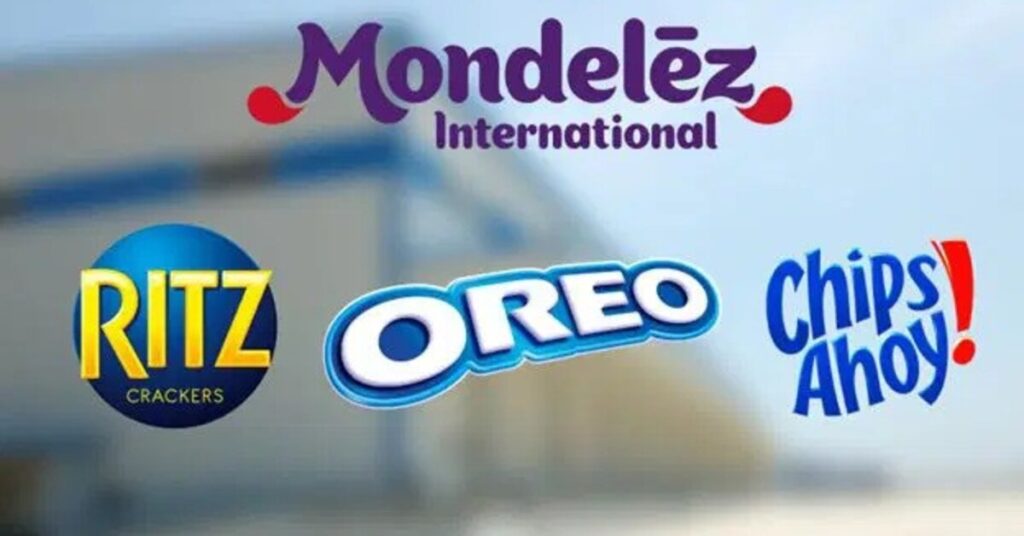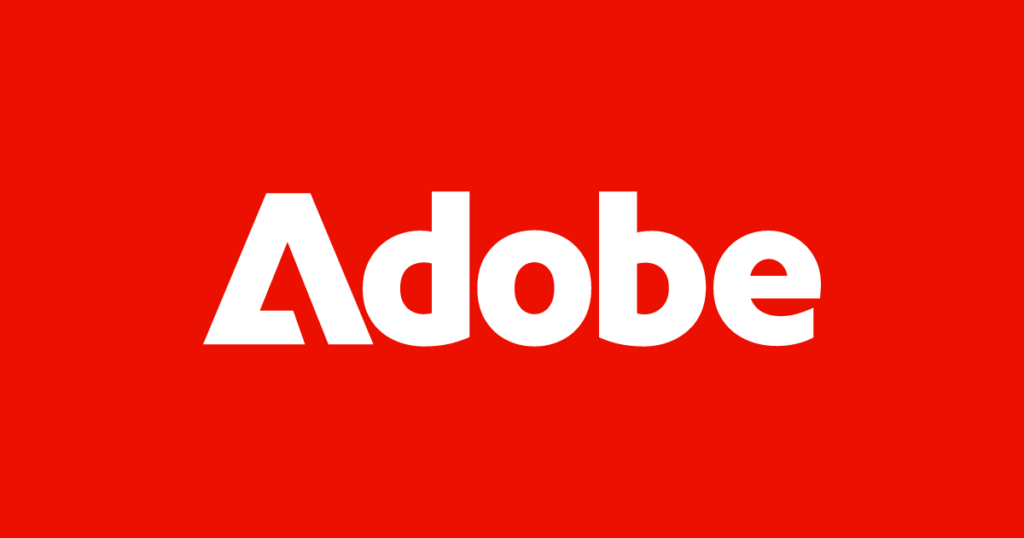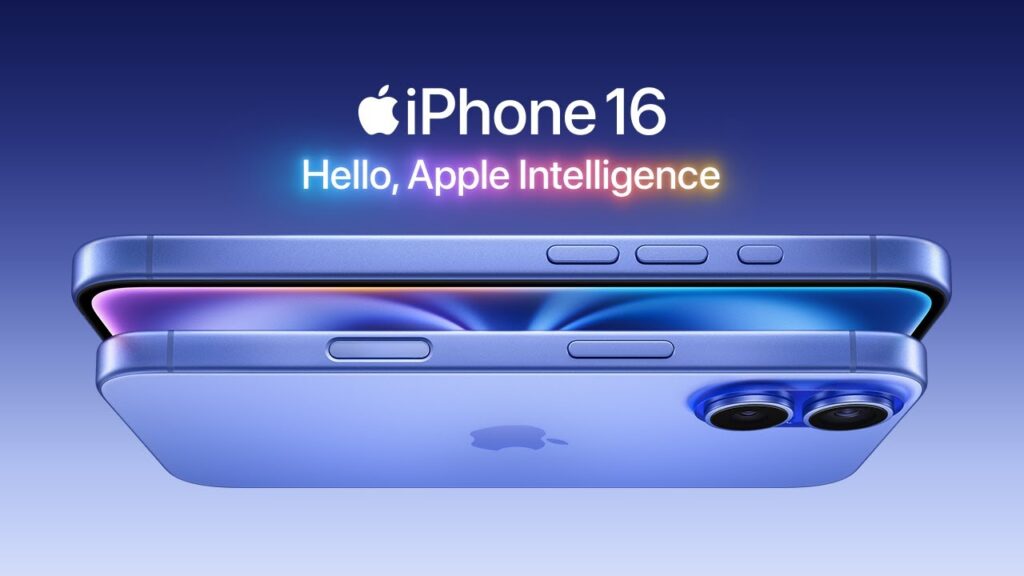Twitter is willing to work with brands on the placement of their ads on the microblogging platform, says Elon Musk. But he insisted that advertisers will not be allowed to dictate Twitter’s content policy.
The Twitter CEO told the Possible Marketing Conference in Miami, U.S. that he is interested in hearing legitimate concerns from advertisers. Musk believes things should be discussed in an open forum, emphasizing the importance of free speech on the platform. “It’s totally cool to say that you want to have your advertising appear in certain places on Twitter and not in other places. But it is not cool to say what Twitter will do. And if that means losing advertising dollars, we’ll lose them.” The billionaire said freedom of speech is paramount.
A few days ago, he claimed that most advertisers, who had abandoned Twitter after his takeover in 2022, have returned. At the conference, Musk said he is “okay” with companies wanting their advertising to appear in certain places on Twitter, and not in other places. He explained Twitter was trying to achieve a sensible middle ground on what works for advertisers while ensuring the public has their voice.
Musk highlighted that this policy applies to him as well. He talked about championing citizen journalism while also deriding mainstream media. The Tesla boss also reassured the conference about limiting hate speech through a series of community controls. Musk also tried to woo marketers with positive words. “Advertising goes all the way from spam to compelling content. And I really want to focus on obviously the compelling content, to make it relevant, make it interesting.”
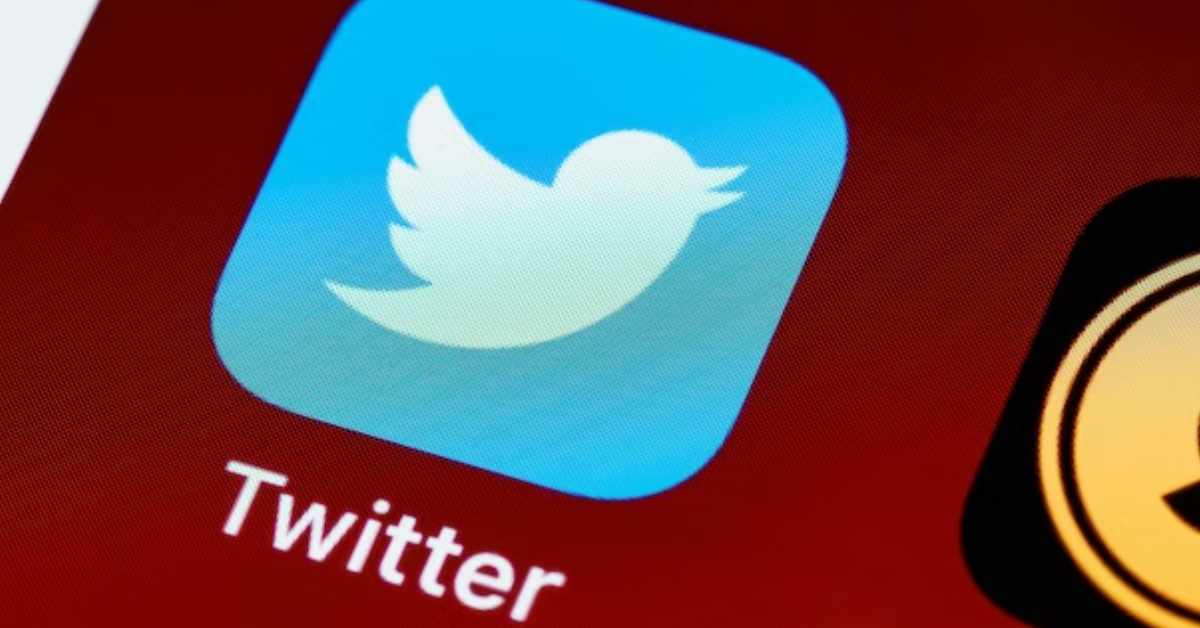
Twitter Revenue Drop
In January this year, Twitter saw its daily revenue down 40%. This was attributed to the decline in the advertising business. Since Musk’s takeover, Twitter has lost thousands of advertisers. According to Pathmatics by Sensor Tower, a digital marketing analysis firm, more than half of Twitter’s top 1,000 advertisers were no longer spending on the platform in the first weeks of January 2023.
Major brands like Unilever, Coca-Cola, Wells Fargo, Jeep, and Merck pulled out. As such, monthly revenue from Twitter’s top 1,000 advertisers plummeted by more than 60% from October through January 25. Revenue fell from $127 million to just over $48 million. In an effort to lure advertisers back to the platform, Twitter offered a Super Bowl “fire sale” deal. The platform also partnered with a third-party “brand safety” firm. But advertisers continued to stay away.
Media Matters for America report noted that half of Twitter’s top 100 advertisers halted spending on the platform since the end of October 2022. The 50 brands spent nearly $2 billion in advertising on Twitter since 2020, and more than $750 million in 2022 alone as of November 21. The report stated that seven additional advertisers that have spent more than $255 million on Twitter ads since 2020 have significantly slowed advertising to almost nothing.
Reports say advertisers have time and again expressed disapproval of Musk’s approach to content moderation, including the reinstatement of previously banned accounts and dismissal of the platform’s key executives. The new CEO had terminated most of Twitter’s sales team, including those who were in charge of the company’s major advertisers.
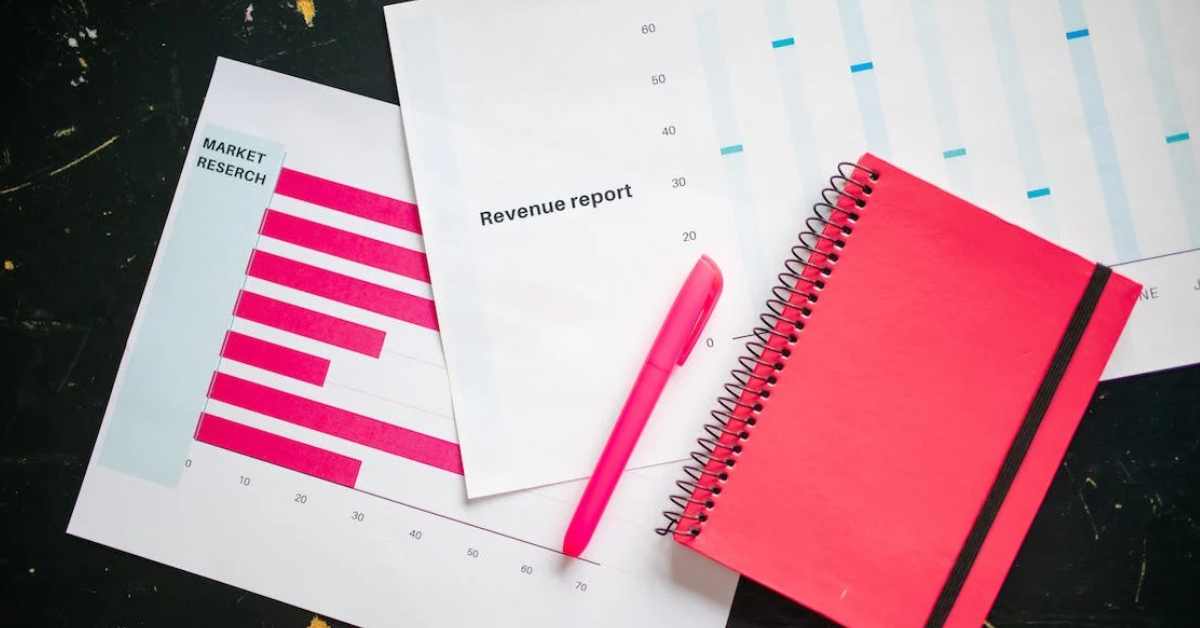
Threatened to Name and Shame Advertisers
The backlash from advertisers picked momentum when Musk, in November 2022, threatened to “thermonuclear name & shame” advertisers who left Twitter. One advertiser said there are other places the company can spend its money without having to worry that it will be attacked by Elon, or the company’s clients will be, or that he will say something that will force the company to turn off its ads.
Moreover, advertisers stepped down because of concerns over Twitter’s new content moderation policies. The platform’s new paid verification system affected some brands’ images as parody accounts posing as companies flooded Twitter before the service was halted. Eli Lilly, a pharmaceutical company, stopped all Twitter advertising after a fake verified account tweeted “We are excited to announce insulin is free now.”
Even since taking over the helm of Twitter, Musk has been firing the platform’s executives and staff, making policy changes, and scrambling to reduce costs and find new revenue streams for the company.

